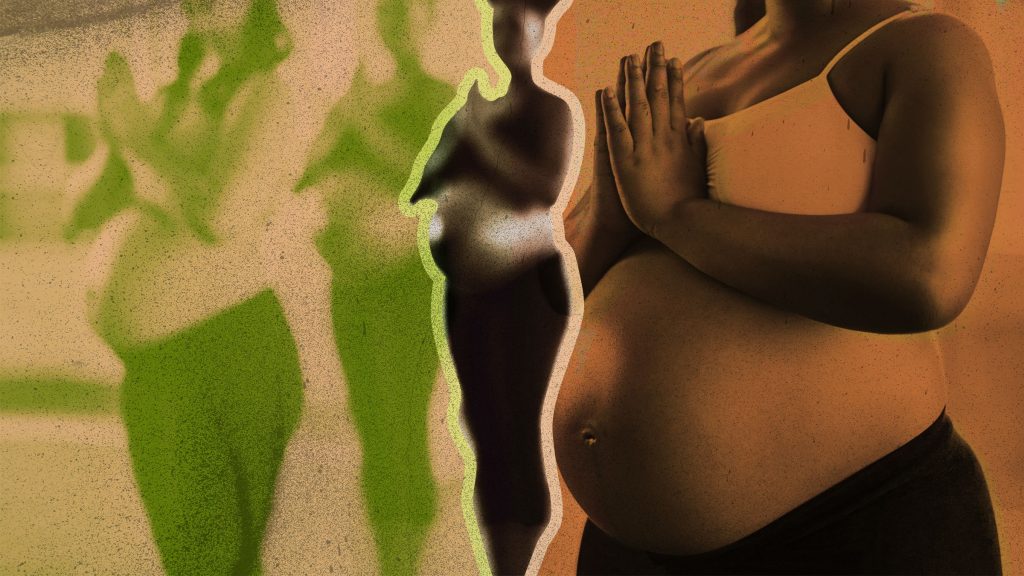Inequality Is a Health Risk—and It’s Getting Worse

Inequality Is a Health Risk—and It’s Getting Worse
Inequality is a growing issue that affects not only individuals’ financial standing but also their overall health and well-being. Studies have shown that those living in poverty or facing economic hardships are more likely to suffer from chronic illnesses, mental health disorders, and have a lower life expectancy.
Health disparities among different socioeconomic groups are widening, with the wealthiest individuals having better access to healthcare services, while the poorest struggle to afford basic medical care. This gap in healthcare access contributes to a cycle of poverty and poor health outcomes.
In addition to financial barriers, social determinants such as race, ethnicity, gender, and education also play a significant role in health disparities. Marginalized communities face discrimination and systemic barriers that prevent them from accessing quality healthcare services.
As income inequality continues to rise, so does the disparity in health outcomes. Those at the bottom of the economic ladder are disproportionately affected by chronic diseases, infectious illnesses, and mental health issues.
Policies aimed at addressing income inequality and promoting equal access to healthcare are crucial in combating these health disparities. Investing in social programs, improving healthcare infrastructure in underserved communities, and increasing awareness of the impact of inequality on health are all crucial steps in addressing this issue.
It is essential for policymakers, healthcare professionals, and the public to work together to address the root causes of health disparities and create a more equitable healthcare system for all individuals, regardless of their socioeconomic status.
By recognizing the connection between inequality and health outcomes, we can work towards creating a society where everyone has the opportunity to live a healthy and fulfilling life.






